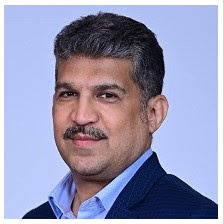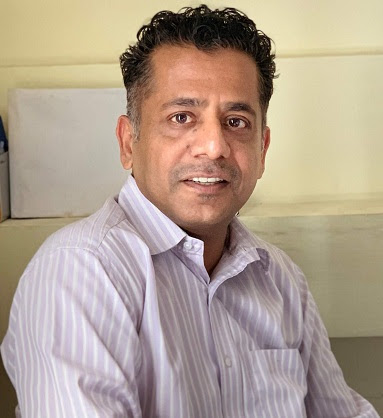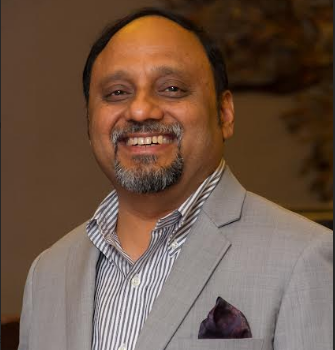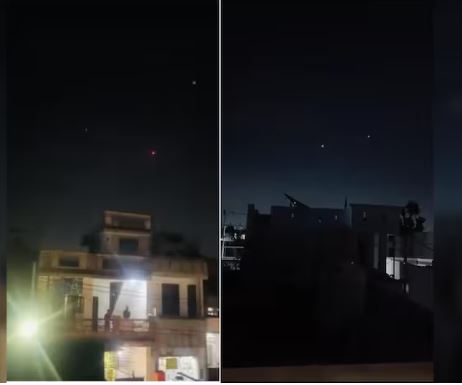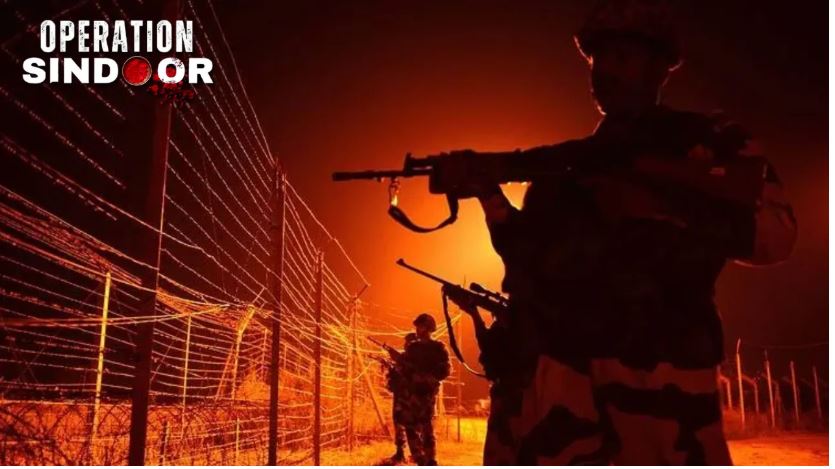OFSP: Past, present & future in India

By Shreya Narayan
Introduction
The legality of Online Fantasy Sports Platforms (OFSPs) operating in India, had been a contentious issue in the past few years. Multiple litigation in different jurisdictions, coupled with state level bans led to the confusion on whether these are a Game of Skill or Chance. Lack of a central legislation or policy on the issue aggravated the same.
However, the Supreme Court (SC) recently put the issue at rest, by upholding the legality of OFSPs, and terming OFS as a ‘Game of Skill’. Below we discuss the past, present and future of the OFSPs in India. But before that, it becomes important to understand the concept of OFSPs.
OFSPs are essentially online prediction games wherein a virtual team of a real sports team is made by users participating in a particular sports competition. The score points in the OFS are based on a weighted system that converts the performance of real-life players into fantasy points. The virtual teams scoring the most fantasy points based on the real-life sporting event, are declared winners. Notably, users have to pay an entry fee in real money, and winners are rewarded from the pool of the collected money.
The Past
OFSPs platforms have witnessed a year-on-year increase in users, from 2mn in 2016 to 90mn in 2019. Their revenues also jumped to INR 2,400 in 2020, from INR 920 crore in 2019. Apart from such economic development, these platforms have arguably also enhanced the knowledge and engagement of sports enthusiast with sports, attracted Foreign Direct Investment (FDI), created tech jobs in India. Moreover, it has become a source of entertainment for many users.
However, OFSPs were alleged to being a ‘Game of Chance’, akin to gambling due to the involvement of real money, and the ‘chance’ of selected players actually performing in the real sporting event. The OFSP industry also gave rise to various user harms, such as inadequate grievance redress mechanisms, financial loss, addiction etc.
This instigated a debate on the legality of OFSPs. This prompted litigation on the issue, and in 2017, the legality of OFSPs was questioned before the court of law. This marked the beginning of multiple and parallel litigation against OFSPs in different states of the country.
In the matter of the State of Bombay Vs. R.M.D Chamarbaugwala the Hon’ble Supreme Court, while discussing as to what will amount to gambling, held that “A competition in order to avoid the stigma of gambling must depend to a substantial degree upon the exercise of skill. Therefore, a competition success which does not depend on a substantial degree of ‘exercise of skill’ amounts to gambling.”
In the matter of Varun Gumber v Union Territory of Chandigarh, the Hon’ble High Court of Punjab and Haryana further held that “Dream11, a fantasy sports platform, is a game of skill, as it requires exercise of superior knowledge, judgment, attention, a substantial degree or preponderance of skill. The court observed that participating in online fantasy sports involves drafting of a virtual team which involves exercise of considerable skill and assessment of players and rules of the contest. A user is also required to create a virtual team with the limited credit points available to draft athletes where the price of virtual players is based on their relative value and ability. Users are also required to follow real events which will help in winning a contest. Based on these findings, the court held that Dream11 is a game of skill and thus not prohibited under the Gaming Act.” The said order was challenged before the Hon’ble Supreme Court. However, the Hon’ble Supreme Court dismissed the Petition.
The above-mentioned view by upheld by the Hon’ble High Court of Bombay in Gurdeep Singh Sachar v Union of India and the Hon’ble High Court of Madras in D. Siluvai Venance v/s State rep. by The Inspector of Police, Koodankulam Police Station, Tirunelveli.
Later, the Hon’ble High Court of Rajasthan in the matters of Ravindra Singh Chaudhary v. Union of India and Saahil Nalwaya v. State of Rajasthan and another, while holding that OFSPs qualify to be a ‘game of skill’, further held that they are entitled to protection under Article 19(1)(g) of the Constitution of India.
As is clear from the above, the judiciary through various judicial pronouncements has time and again held that OFS are predominantly ‘Game of Skill’ and not a ‘Game of Chance’. Hence, they do not qualify as gambling.
However, many states like Andhra Pradesh, Assam, Odisha, Telangana, Tamil Nadu, Nagaland and Sikkim had banned OFS. Notably, Telangana’s Gaming (Amendment) Act, 2017 specifically widened the scope of ‘wagering and betting’ by including “act of risking money on uncertain event, including on a game of skill”.
Contrary to the averse stance of these states, the 276th Report of the Law Commission of India suggested to legalise gambling and sports betting in India. It further recommended that skill-based games may be exempted from the ambit of gambling, without specifying the games that would qualify as ‘game of skill’. Subsequently, recognising the growth of OFSPs, NITI Aayog had had published Draft Guiding Principles for the Uniform National-Level Regulation of Online Fantasy Sports Platforms in India, earlier this year.
The Present
On July 30th, 2021, the Hon’ble Supreme Court in the matter of Avinash Mehrotra V. The State of Rajasthan & Ors., finally decided the position of OFSPs by holding that "This matter is no longer res integra as Special Leave Petitions have come up from the Punjab & Haryana High Court and Bombay High Court have been dismissed by this Court”. Hence, it is made clear that OFSP has been termed as a ‘game of skill’ and enjoys the protection under Article 19(1)(g) of the Constitution of India.
This is likely to provide impetus to OFSPs in India. Estimates suggest that the OFSP industry has the potential to attract over INR 10,000 crore in FDI in the coming few years. However, in order to unlock such potential economic benefits, it is imperative to overcome the many challenges faced by different stakeholders of the OFS ecosystem. These include: lack of uniformity in state level regulations, need for raising consumer awareness on responsible and safe participation in OFS, weeding out illegitimate OFSPs etc.
The Future
India currently lacks a central legislation governing OFSPs, as they are now exempt from the ambit of The Public Gambling Act, 1867. Accordingly, this is an opportune time to chart the way forward for the industry. It would be prudent for the Government of India to frame an enabling central policy and/or legislation for OFSPs, which may be built upon the guiding principles proposed by Niti Aayog.
However, the same entail lacunas which must be overcome. These pertain to Non-Personal Data (NPD) governance; going against the spirit of cooperative federalism in certain instances; providing excessive delegation of power to the proposed evaluation committee; and lack of transparency in the appointment of members of the proposed independent oversight board.
There also exist certain implementation challenges with respect to ensuring that OFSPs do not offer or advertise gambling services or games of chance on their platforms; do not represent or imply that winnings in a contest are ‘assured’ or ‘guaranteed’; and pay-to-play formats of fantasy sports contests are offered to users over 18 years old.
In this light, it would be useful to look at other jurisdictions which are regulating OFSPs. For instance, regulation of OFSPs has been made the subject of the state and federal laws in the US. This may be well suited for India, given that already has adopted such a model of regulation under the Real Estate (Regulation & Development) Act, 2016, which has been made the subject of both, the centre and the states.
Lastly, there is a need for awareness generation and capacity building of users, with resect to: playing safe, and ability to distinguish between legitimate games of skills versus those of mere gambling.
(The author is Partner, Narayan Chamber of Law. She is a practicing advocate in Delhi. Views expressed are author’s own)



